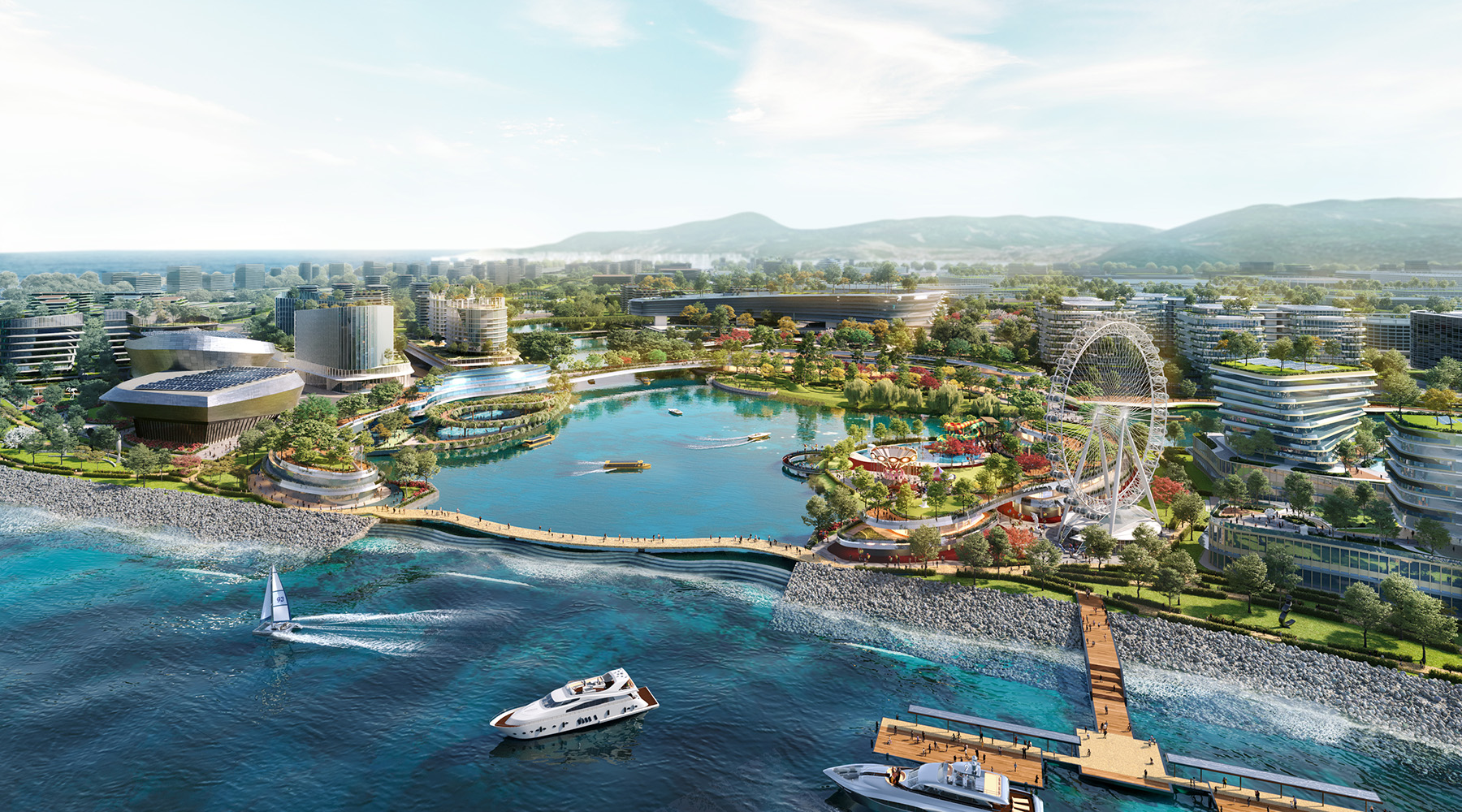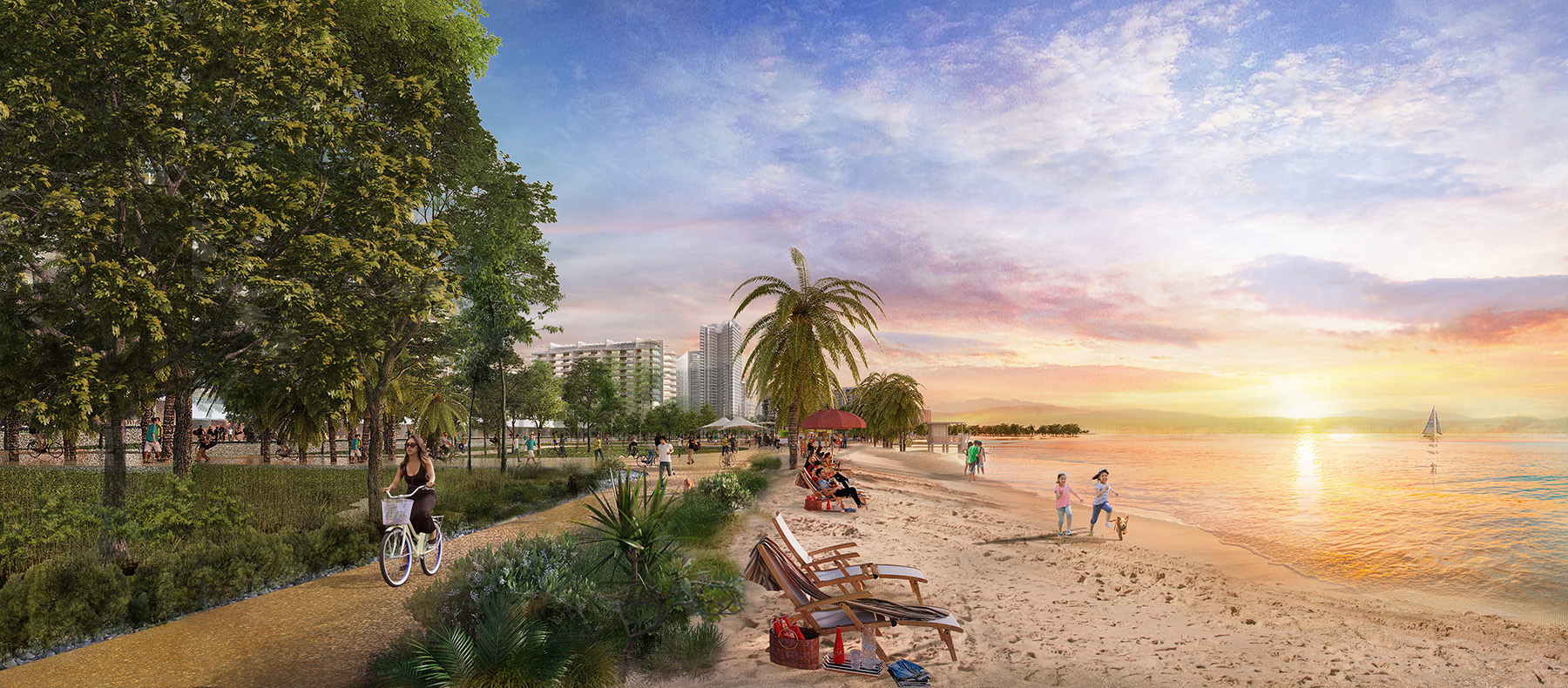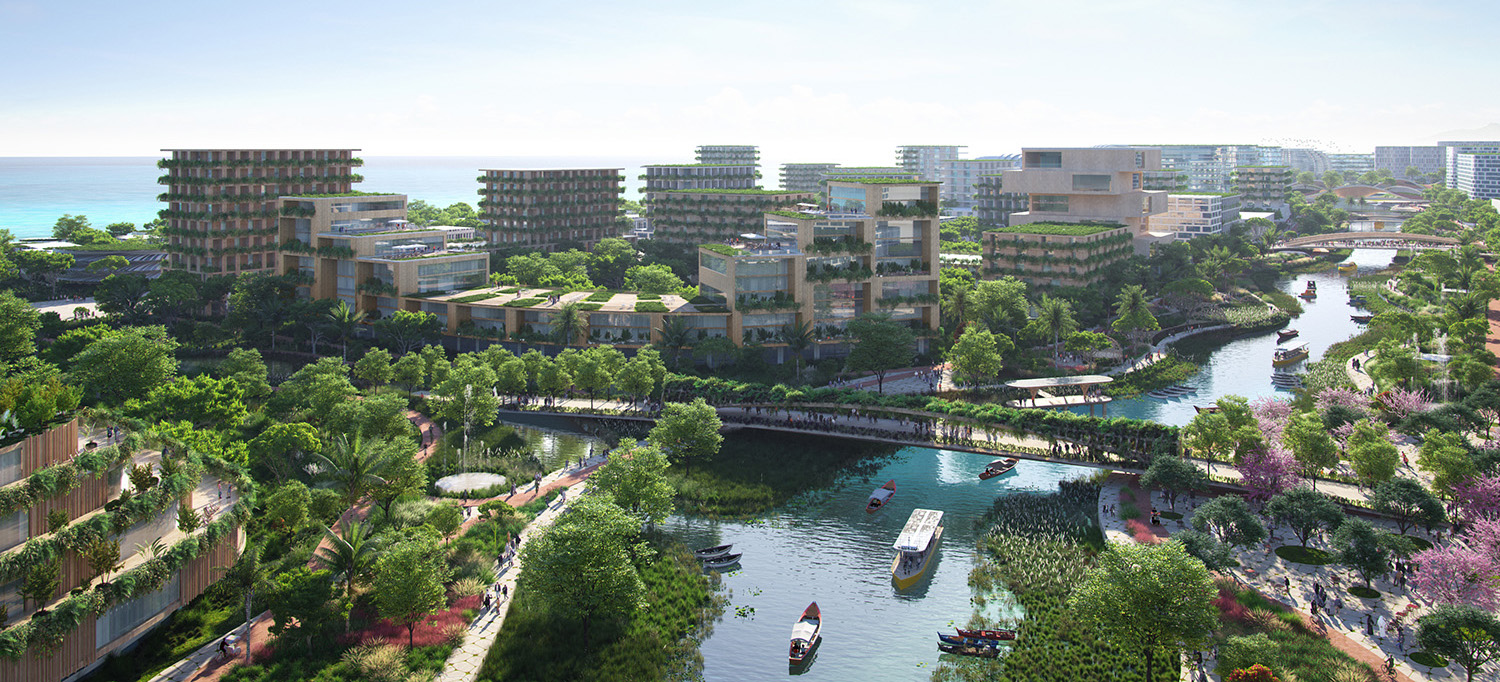
Culminating years of positive economic advancement and progress, Penang is now on the cusp of a new and exciting phase of sustainable development, aiming to join the ranks of world-class port cities like Singapore and Hong Kong, which overcame the challenge of limited space through land reclamation. The key to this bright new future for the state is the Penang South Island (PSI) project, an ambitious but achievable solution to the problem of limited space for development. Given the urgent demand for affordable housing in Penang today, the PSI project offers a golden opportunity to address this need while simultaneously acting as a driver for sustained economic development. Together with complementary infrastructure enhancements like the proposed Penang Light Rail Transit (LRT), the PSI project offers a pathway to an improved quality of life for all Penangites.
The recent news about the project’s approval marks the culmination of a comprehensive journey of rigorous analysis and study of the PSI project to address environmental concerns. Thorough assessments of environmental impact have been meticulously conducted to ensure that the reclamation works adhere to stringent regulations and implement sustainable practices. Going further, the PSI project would address climate change concerns like rising sea levels, building higher platforms for the islands to face rising sea levels, providing water catchments and green spaces to prevent surface runoffs, and implementing other green initiatives and policies. The end result is a world-class blueprint for sustainable development that will usher Penang into a new era of prosperity.
Sustainable land reclamation is no longer a pipe dream today, as technology has progressed much from the days of the first land reclamations in Holland, in the 1600s. Modern techniques have enabled land reclamation to be carried out with minimal environmental impact. In fact, land reclamation is now used extensively worldwide to maintain and protect coastal ecosystems, helping to preserve precious marine habitats for future generations. A prime example is the coastal regions of Florida, America, where erosion is a serious issue and consequently, sand restoration is conducted annually. Florida’s coastlines are a key economic driver for the state, with every USD 1 spent on restoration, estimated to return USD 700 in foreign revenue through tourism and other economic activities.

Compared to other growth centres, which are mere real estate projects, PSI is a state government project to serve as a strategic enabler. PSI is the launching pad for the following economic growth engines, given its strategic proximity to the Bayan Lepas Free Industrial Zone ecosystem to transform the Penang economy.
In this context, an opportunity exists to enhance the Electrical & Electronic Sector as an aggressive economic enabler.
Penang’s economic heart of electrical and electronic manufacturing is ready for up-scaling and expansion into new high-tech sectors, thereby overcoming challenges of technological stagnation and, consequently, raising the income levels of workers while re-positioning Penang as the regional hub for advanced manufacturing and R&D activities for Internet of Things, Artificial Intelligence, digital health, Big Data Analytics, Machine Learning and more. Penang can attract much-needed foreign direct investment to its shores.

The PSI project similarly has the same potential to drive exponential growth in Penang’s tourism industry, creating a slew of new job opportunities and breathing life into the local economy. One does not have to look far for proof of this with notable projects worldwide like Dubai’s Palm Jumeirah, South Korea’s Songdo International Business District, Japan’s Kansai International Airport and Qatar’s Hamad International Airport, which have had overwhelmingly positive ripple effects on economic growth, tourism, infrastructure and job creation in their respective regions.
Ultimately it is essential to recognise that each land reclamation project is unique, necessitating a comprehensive understanding of its contextual intricacies, environmental considerations and social impacts. Land reclamation can indeed be executed without compromising the environment and marine life with meticulous planning and adherence to sustainable practices, which are the core principles that underpin the PSI project. With the green light for the PSI project now being given, exciting times are ahead for Penangites, as Penang looks to transform into a thriving metropolis of the future.
